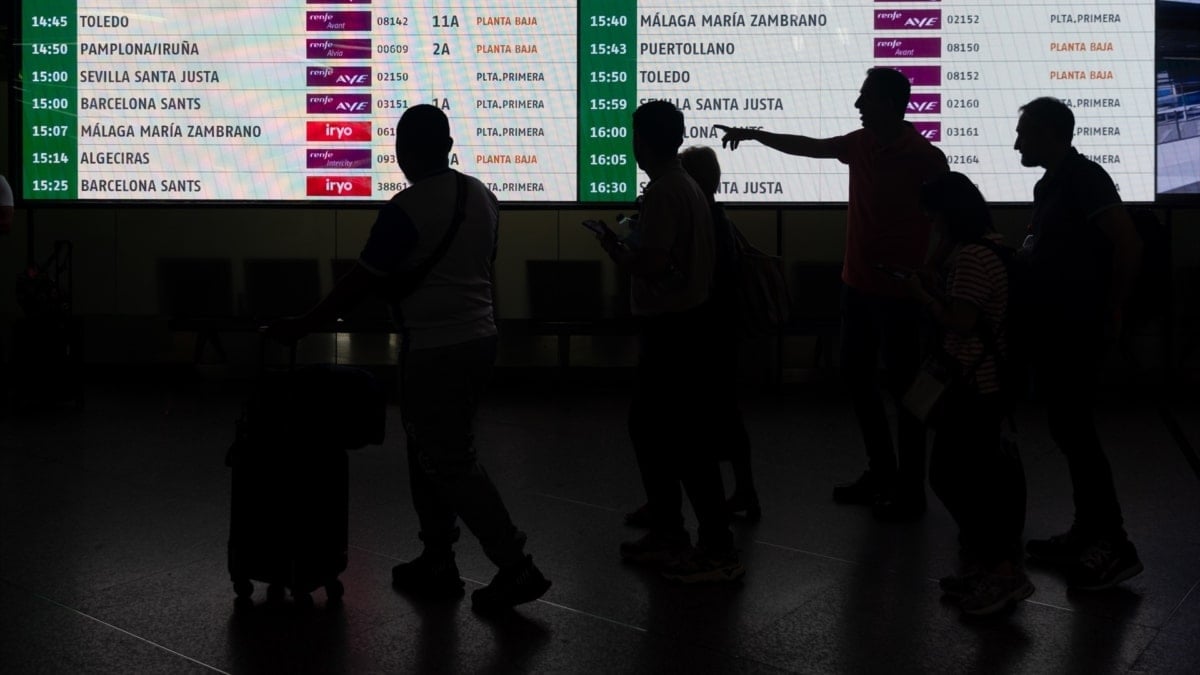It did not take long for censorship to be at work around the largest mass killing in recent years on Chinese soil. On the other hand, the outcome of the tragedy was long overdue. Zhuhai authorities only revealed after 6:30 p.m. on Tuesday that a car-ramming attack left 35 people dead Monday evening in this city in southern China. That’s almost 24 hours after the fact. New evidence of Beijing‘s efforts to prevent the dissemination of sensitive information.
However, images showing bodies lying on the roadway were broadcast on social networks in the hours following the accident. But by Tuesday morning, they had disappeared and the local police only reported “injuries”.
China closely monitors its domestic social media platforms, where it is common for keywords or content deemed sensitive to be removed, sometimes within minutes. On Weibo, a microblogging site quite similar to X, photos or videos posted Monday evening, in the wake of the events, quickly disappeared. Same thing for publications on Xiaohongshu, the Chinese equivalent of Instagram.
The dismantled memorial
AFP journalists sent to the scene of the attack on Tuesday evening were able to observe delivery men placing bouquets of flowers ordered online near the candles placed to commemorate the victims. But a few hours later, crews came to dismantle the memorial. Cleaning workers told AFP they had received “orders from above”. Some said the flowers and candles are moved to a “mourning room” inside the complex, inaccessible to the public. Some people were also prevented from taking videos by police and security guards.
The fatal accident occurred the day before the country’s largest air show, which has also been taking place in Zhuhai since Tuesday, a flagship event promoted for weeks by the country’s tightly controlled state media, which even acts as a government spokesperson.
A 62-year-old man drove his SUV into people exercising outdoors at a sports complex in Zhuhai (south China) on Monday evening, killing 35 and injuring more. of 40. He was arrested when he stabbed himself, particularly in the neck, according to the police. Hospitalized and in a coma, he “is not in a condition to undergo questioning,” she said.
China has a long history of controlling the spread of information, sometimes leading to costly delays in disaster responses. In 2008, authorities tried to suppress news about contaminated milk that poisoned nearly 300,000 children days before the Beijing Olympics. In 2019, Chinese authorities delayed the response to Covid-19 by penalizing local health workers who warned that a coronavirus was spreading rapidly.


